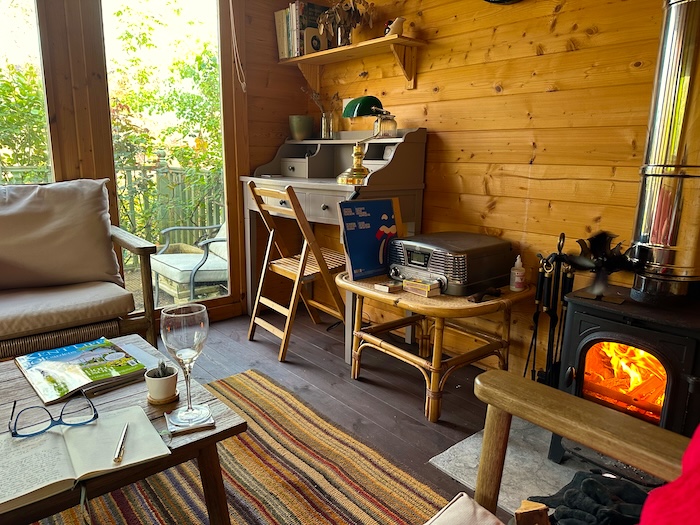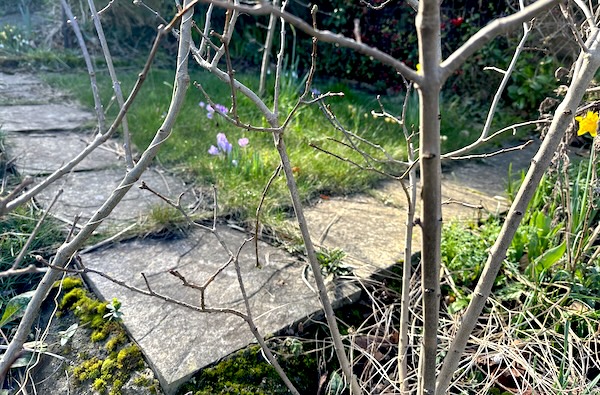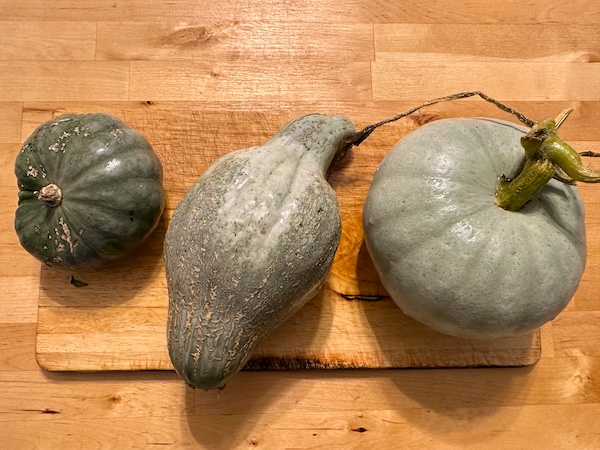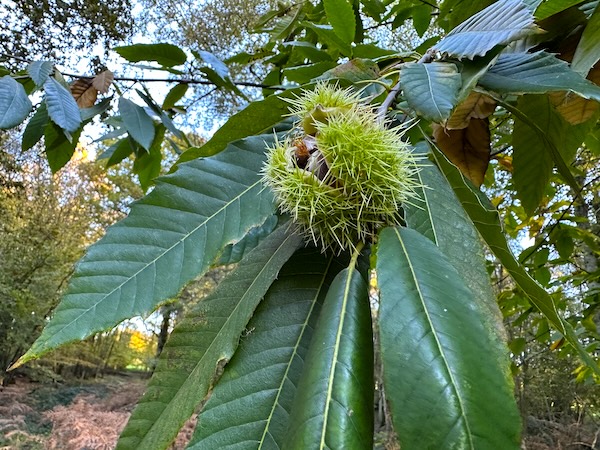
I’ve just finished Richard Powers’ latest novel, Playground. This is not a book review (although I can highly recommend it), but more of a reflection on its aftertaste. Cryptic spoilers below.
I’d consider the book ‘lab lit lite’ – there are three scientist characters whose work is ancillary to the main plot. This is not really a story about science as a profession. It’s more a cautionary tale/homage of artificial intelligence and human over-reach, somewhat reminiscent of two of his earlier works, Galatea 2.2 and Bewilderment, with a Gaia-esque dash of The Overstory thrown in.
And at its base, like a celestial plug-hole, the hard gravity of Urbana-Champaign, pulling the reader into the author’s recurring collegiate dreamscape. Like most of us, I suppose, there is nothing more compelling than the place where we learned to adult for the first time. I have similar feelings for the small campus in Oberlin, Ohio, where the scent of apple blossoms in the present day never fails to propel me back to the springtime of senior year, when I was riven with unrequited love and about to set off to earn a PhD in Microbiology on the other side of the country. It is no exaggeration to say that the future seemed to stretch out into infinity, then, much as it probably does now for my 11-year-old son.
As always, Powers has made me feel existential. Not that I need much of a catalyst in that department, these days. The slightest thing can set me off as I move ever further along the timeline, and occasionally contemplate what might lie beyond. I feel genuinely old: I am plagued by aches and pains, alongside low-level exhaustion of the body and spirit. The deaths of singers and actors that inspired me as a youth seem to happen on a weekly basis. Meanwhile, the roller-coaster of lab-related acceptance and rejection hurtles onward – one grant and paper in the former category this past week, and one grant in the latter – but it no longer feels so high or so low – just the bland normality of my precarious academic situation, averaging out.
In my heart, I also sense the cooling down of political fire to the numb embers of resigned acceptance. The thought of organising a petition, let alone a full-scale street rally, seems like something from another life. I have passed the torch long ago, and do not envy them the fight ahead.
And does anything lie beyond? Most days, I think not. But occasionally I get glimmers of potential. Yesterday, after Joshua’s last rugby training session of the year, I felt weary and sat down on a bench well away from the furore, watching my son queuing for a sausage bap and then fussing over the ketchup packets, while across the crowd, Richard was chatting with another rugby dad, smiling at some shared joke. Neither of them knew where I was, nor had yet registered my absence. And that’s when I wondered if this might be what the afterlife is like: not being a ghost, inserted no matter how incorporeally into the lives of your successors, but simply a silent point-of-view. A regard of fondness and familiarity, with the grief of separation totally blunted. You could follow your friends and family forever, a mute, all-seeing omniscient narrator who no longer has skin in the game. I am not sure if this is heaven or hell, to be honest. But, as I write these words, I suddenly realise that this concept might be part of what Powers was getting at when he skilfully unfolded his jaw-dropping reveal at the novel’s end.
Meanwhile, back in reality, it’s the dregs of a bank-holiday weekend, cold and blustery. I’ve crossed a few gardening tasks off my list, admired Richard’s runner bean supports, made stinging nettle soup from plants (carefully) foraged from the path behind the rugby club, enjoyed some me time.
Still very much of this world, and taking nothing for granted.

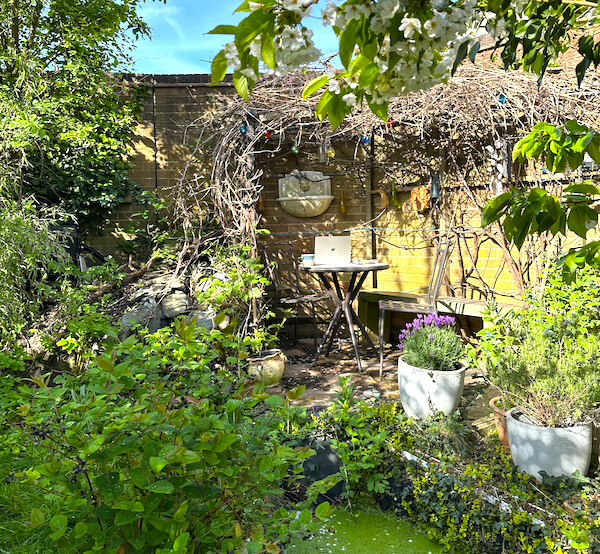




 Greetings from the tail end of a typical British bank holiday, where the big highlight was gardening in the rain.
Greetings from the tail end of a typical British bank holiday, where the big highlight was gardening in the rain. 